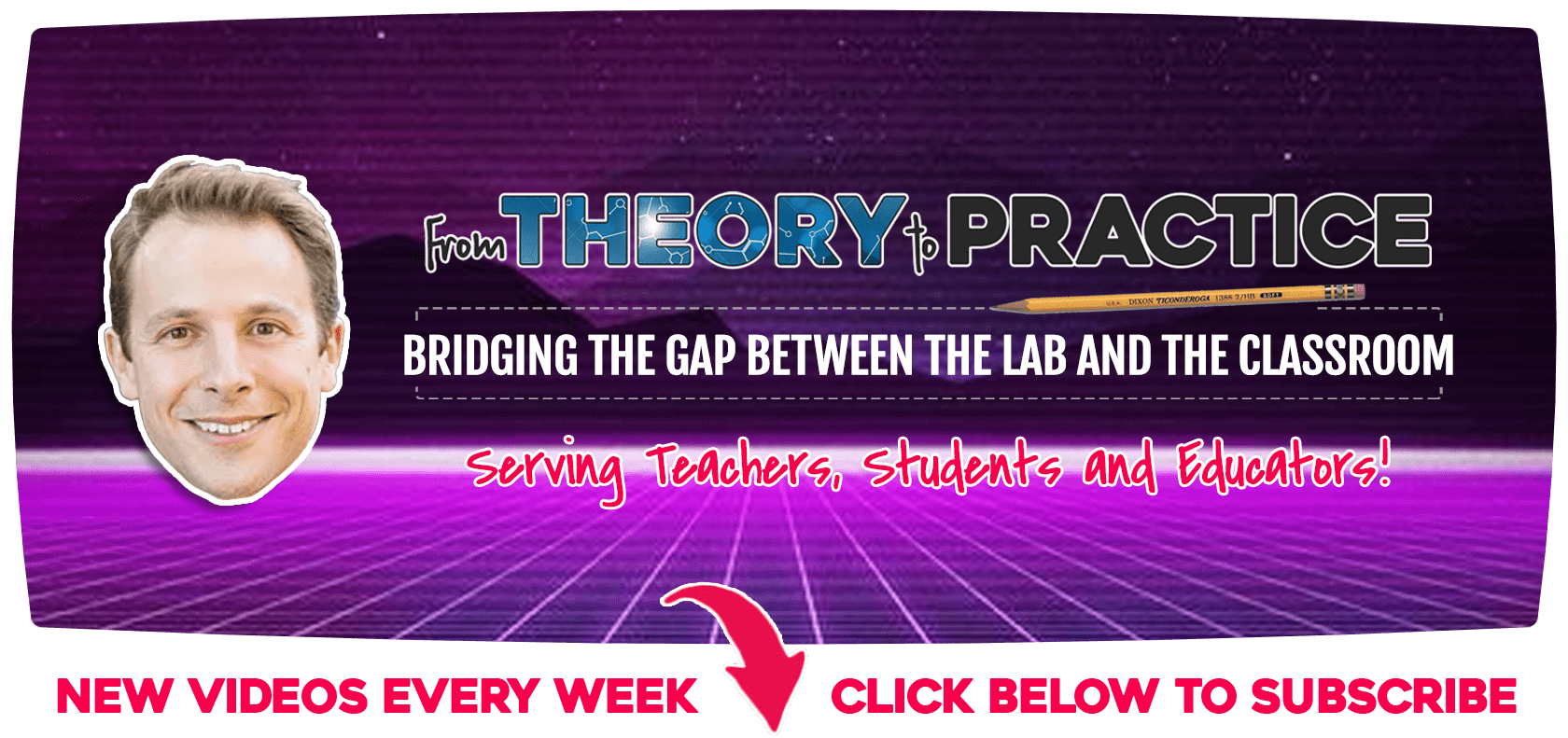
Can Computers Ever Replace Teachers?

Jared Cooney Horvath is a globally recognized Science of Learning expert committed to helping teachers, students and parents achieve better outcomes through applied brain and behavioral science.

If It Ain't Broke, Don't Fix It
Education is not broken.
For some reason, this is the most controversial statement that I regularly make … but I nevertheless maintain it is true.
It’s not surprising that the lion’s share of popular attention is aimed at those who would just as soon lay complete waste to the established academic model (needless to say, the media is not designed to support thoughtful, nuanced conversations around such topics) ...
But what often gets lost in this sensational rhetoric is the fact that across the globe, millions of deeply committed teachers are effectively guiding the cognitive and emotional growth of hundreds of millions of students every single day.
By no means am I suggesting that education is perfect or completely equitable, because it certainly is not … but just because some aspects of a system can be improved, it does not follow that the system as a whole is broken.
In my estimation, education isn’t dissimilar from any major social institution from the standpoint that, at any given moment, ~15-20% of the prevailing ideas and practices are ripe for evolution.
And, in our newest book '10 Things Schools Get Wrong (And How We Can Get Them Right)', this is precisely where my co-author David Bott and I focus our attention.
Last month the two of us hosted a series of three free webinars to celebrate the release of the book, and I just posted the first one on YouTube for those who couldn't join us.
In this particular webinar we tackle Chapter 7 of the book entitled ‘Computers: The Problem with Primary Function’.
During our ~40-minute conversation, we dissect some of the reasons why computers have failed to become the academic panacea that many expected them to be when they were introduced to the classroom over two decades ago.
We also discuss some ideas and strategies that all educators should be aware of as we continue to figure out the best ways to integrate technology into the learning models that have proven most effective over the past 100+ years.
Give it a watch, and let me know what you think in the YT comments section.
And, as always, if you find this video valuable, interesting and/or entertaining, you can support us by liking, sharing and subscribing to our YouTube channel ;)
Regards,

Video Transcript
[David] Jared, who are you?
[Jared] Well good day. For those who we haven't met yet, my name is Jared Cooney Horvath, and lovely to meet you all. I am a teacher turned cognitive neuroscientist, and my main purpose in life is to try and translate learning research and science for the classroom: what does this stuff mean for us as teachers?
And beneath me, at least on my screen, is David. David, who the heck are you?
[David] So, my name is David Bott. I'm the associate director at the Institute of Positive Education based here at Geelong Grammar School, and I am passionate about student well-being and psychology and learning, particularly as it relates to pedagogy …
Click to view remainder of the transcript ...
Coming soon ...
Did You Enjoy This Post?
Help spread the idea by sharing it with your peers and colleagues ...

NOT ON THE LIST? Click below to join the LME Community ... and receive new Science of Learning articles from Dr. Jared Cooney Horvath every week!
You Might Also Like ...
Connect With Us
Copyright © 2022 LME Global – 6119 North Scottsdale Road, Scottsdale, AZ, 85250 – (702) 970-6557
Copyright © 2022 LME Global
6119 N Scottsdale Rd, Scottsdale, AZ, 85250
(702) 970-6557



